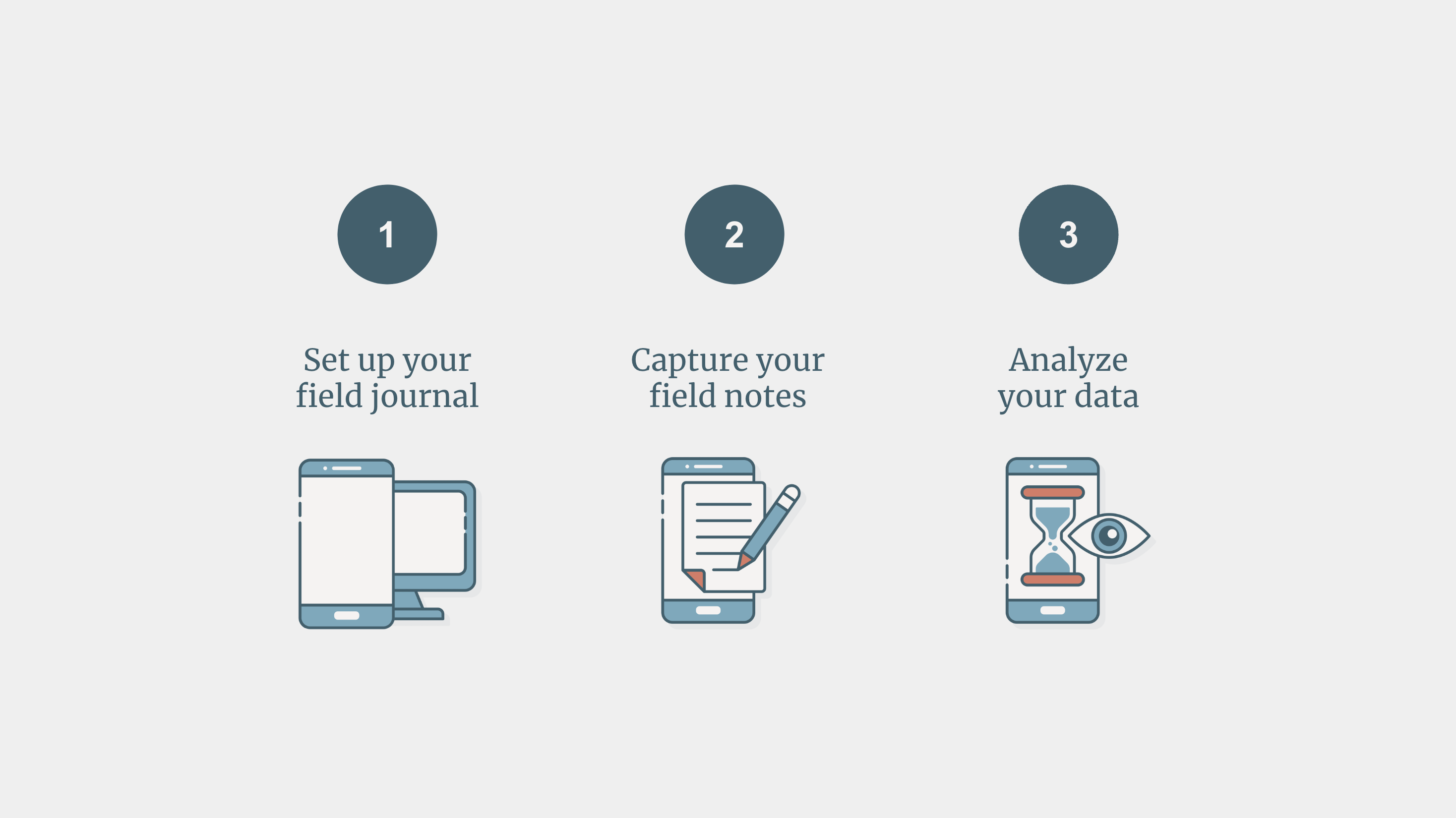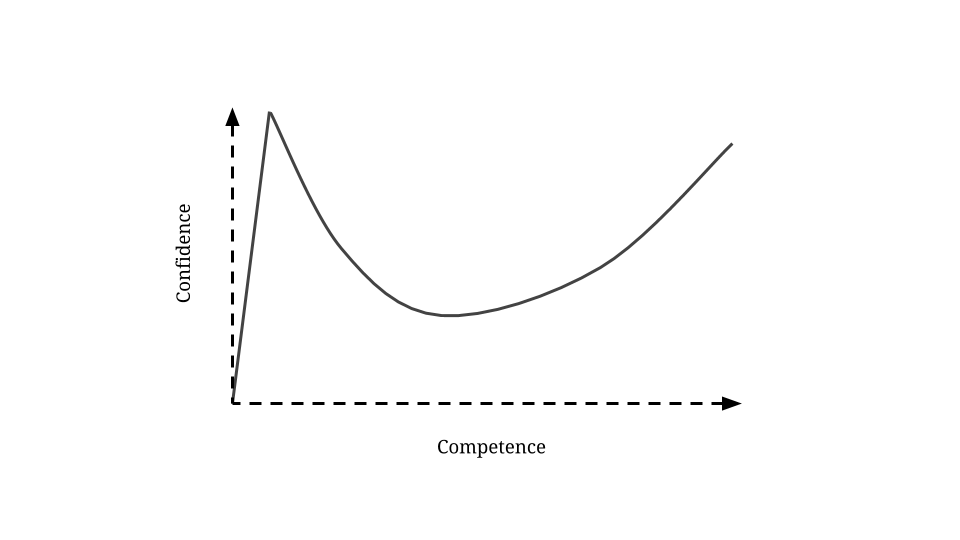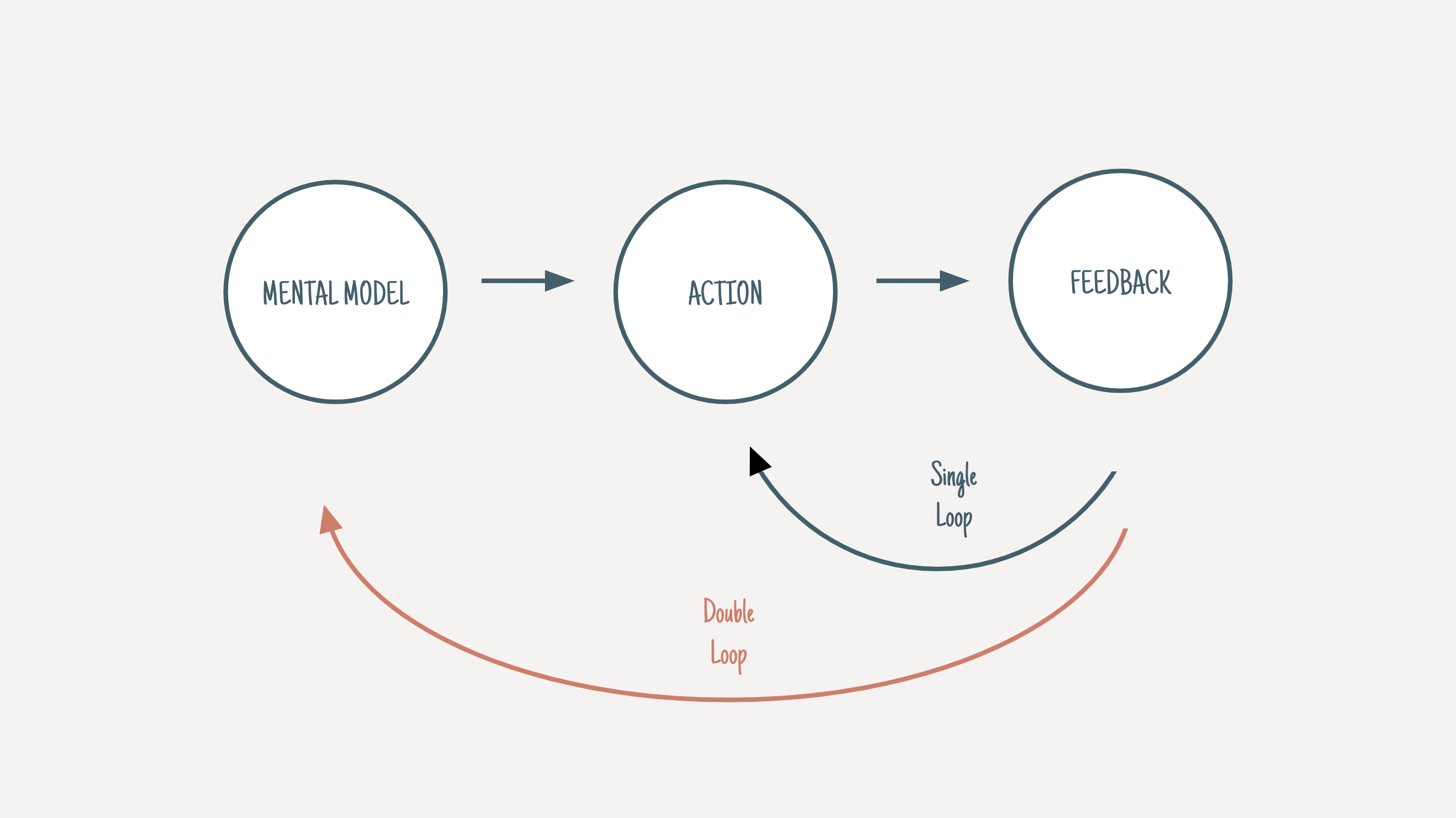Why do ignorant folks tend to overestimate the extent of their knowledge? How do incompetent people often seem to be unaware of how deficient their expertise is? Turns out, we are not very good at evaluating ourselves accurately. And one of the most obvious manifestations of this psychological deficiency is the Dunning–Kruger effect, the cognitive ... Read More| Ness Labs
Although leaders might say they value inquisitive minds, in reality most stifle curiosity, fearing it will increase risk and inefficiency. Harvard Business School’s Francesca Gino elaborates on the benefits of and common barriers to curiosity in the workplace and offers five strategies for bolstering it. Leaders should hire for curiosity, model inquisitiveness, emphasize learning goals, let workers explore and broaden their interests, and have “Why?” “What if…?” and “How might w...| Harvard Business Review
In a circular model of growth, nobody is more advanced than anyone. There is no “up” or “down.” People are at a particular point of their own, unique growth loop. Everyone only competes against one’s self. The circular model can be more daunting, as there is no predefined direction — you need to design your own personal growth process — but it can also be infinitely more rewarding.| Ness Labs



